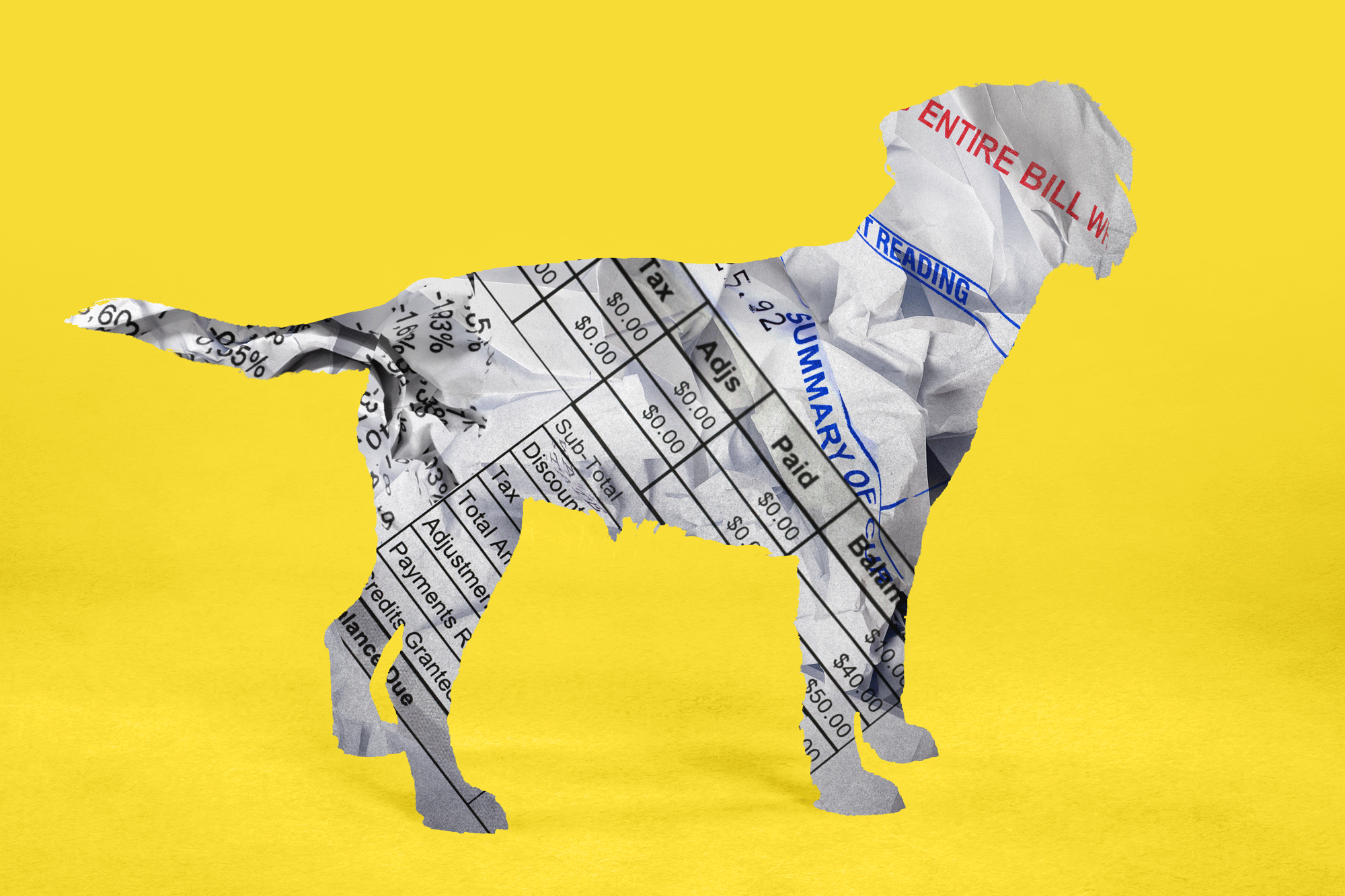Veterinary Chain Is Out to Prove It’s the Cat’s Meow
- Share via
Everybody knows doctors often don’t make good business operators. That’s one reason there are HMOs.
So what about the doctors who take care of Spot and Snowball--our dogs, cats and other pets?
Robert and Arthur Antin believe that the $4.5-billion veterinary business is in desperate need of the same professional management that is increasingly overtaking human health care. The brothers’ Santa Monica-based company, Veterinary Centers of America Inc., raised $13 million in a stock sale in October and now is embarked on a major acquisition program to prove the Antins’ point.
So far, however, Wall Street has been less than kind to the Antins and VCA shareholders generally: The stock, listed on the American Stock Exchange under the ticker symbol VET, made its debut at $6 a share Oct. 16 and has been falling ever since. It closed Thursday at $3.625.
The stock’s troubles have embarrassed the Antins, but the problem appears to be in the mechanics of the underwriting process--not in the performance of the company:
* In the third quarter ended Sept. 30, VCA earned $215,000, or 7 cents a share, up 42% from $151,000, or 5 cents, in the year-earlier period. Revenue rose 8% to $4 million.
* For all of 1991, the company expects to earn 17 to 18 cents a share, then 25 to 30 cents in 1992. Revenue next year is expected to top $25 million.
Smart investors are always suspicious of glowing earnings forecasts from small companies, of course, but VCA isn’t a start-up. The Antins founded the firm in 1986, and now own 12 vet hospitals, mostly around Los Angeles. They include the Animal Hospital West on Sepulveda Boulevard, Parkwood Pet Clinic in Woodland Hills and Lakewood Animal Hospital in Bellflower.
The Antins’ strategy is simple: They buy hospitals from vets who generally want to continue practicing but who also want to take cash out of their business, often for the first time in their lives. VCA typically pays sellers 25% in cash and the rest in eight-year notes yielding 8%.
VCA then incorporates each hospital into its centralized operation, relieving the individual vets of such mundane but important duties as payroll, purchasing, accounting and marketing.
By paying attention to costs and realizing efficiencies, VCA has been able to wring healthy profit growth from its hospitals--without sacrificing service, the firm insists. As the accompanying chart shows, the company’s gross profit margin has leaped from 14.3% in 1987 to 23.6% in the first nine months of this year.
CEO Robert Antin, 41--a Cornell University MBA, not a veterinarian--says there’s nothing extraordinary about VCA’s game plan. “We’re not inventing anything--we’re consolidating,” he says. “We create a management structure, and the doctors stay within it.”
It also helps that pet care is a growth business: The latest estimates show 55 million cats and 52 million dogs in America. They’re being served by an estimated 50,000 vets at 16,000 hospitals and clinics. So it’s a very fragmented industry, which to Antin suggests great opportunities for VCA, the only public company of its kind.
This isn’t Robert Antin’s first foray into a new health-care concept. In the early ‘80s he was a co-founder of AlternaCare Corp., which developed outpatient surgical centers and later sold out to Medical Care International. The outpatient surgical center business has become one of the health-care industry’s top growth markets.
With VCA, the Antins’ success in the near term--and thus their shareholders’--will depend on how well the brothers pick their acquisitions. With just the $13 million from the stock offering, Robert Antin believes that he can nurture VCA into a $50-million company.
He says talks are progressing with vet hospitals in such states as New York, Illinois and Arizona, but he promises the company won’t make the mistake of spreading itself too thin. VCA expects to close three acquisitions in the next few months alone.
And what about the stock? The deal was originally to be underwritten by Oppenheimer & Co., but that brokerage pulled out at the last minute in June. It said it couldn’t find enough institutional investors interested in a company as small as VCA.
The Antins then went with a smaller New York brokerage, Rosenkrantz, Lyon & Ross. Though Rosenkrantz was able to successfully float the stock--2.4 million shares in all, plus warrants--many buyers turned into “flippers,” immediately trying to sell the shares. That isn’t uncommon in the new-issues market, but in VCA’s case it was devastating.
But at $3.625 a share now, the stock sells for 15 times the low end of earnings expectations for 1992 (25 cents a share). Given the mound of cash VCA is sitting on, and the Antins’ success since 1986, the stock is at the very least an interesting speculation on a new health care twist.
More to Read
Inside the business of entertainment
The Wide Shot brings you news, analysis and insights on everything from streaming wars to production — and what it all means for the future.
You may occasionally receive promotional content from the Los Angeles Times.










